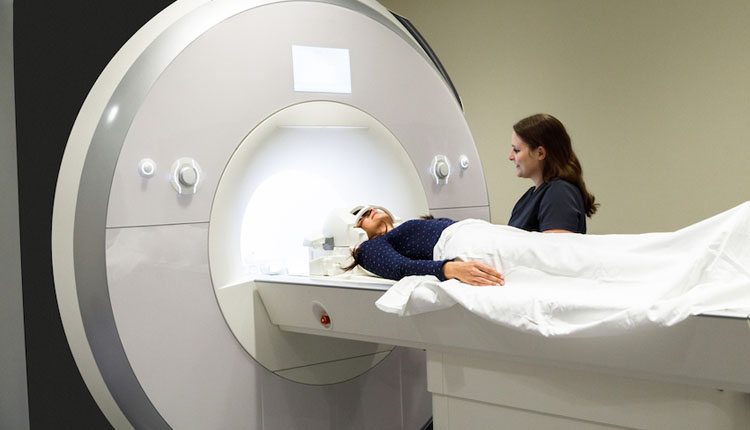Scientists had developed a new AI system which focuses on turning a person’s brain activity into texts, according to announcement was made by a study published on Monday in the Nature Neuroscience journal.
The new system is meant to help and benefit patients who have lost their ability to communicate physically due to strokes, paralysis, or other degenerative diseases.
Researchers at the University of Texas and Austin developed the new AI system by using a transformer model similar to those used to support Google’s chatbot Bard and OpenAI’s chatbot ChatGPT.
The decoder was trained by listening to several hours of podcasts within an Functional magnetic resonance imaging (fMRI) scanner, a machine that measures brain activity. It requires no surgical implants.
Once the system is trained, it becomes able to generate a stream of text the participant imagines he or she are telling a story.
For instance, when a participant heard the words “I don’t have my driver’s license yet” during the experiment, his thoughts were translated to, “she has not even started to learn to drive yet.”
“For a noninvasive method, this is a real leap forward compared to what’s been done before, which is typically single words or short sentences,” said Alexander Huth, one of the leaders of the study.
Right now the decoder can’t be used outside a laboratory setting because it relies on the fMRI scanner. However, the researchers believe it might eventually be used via more portable brain-imaging systems.
The researchers of the study have filed a Patent Cooperation Treaty (PCT) for the technology.


